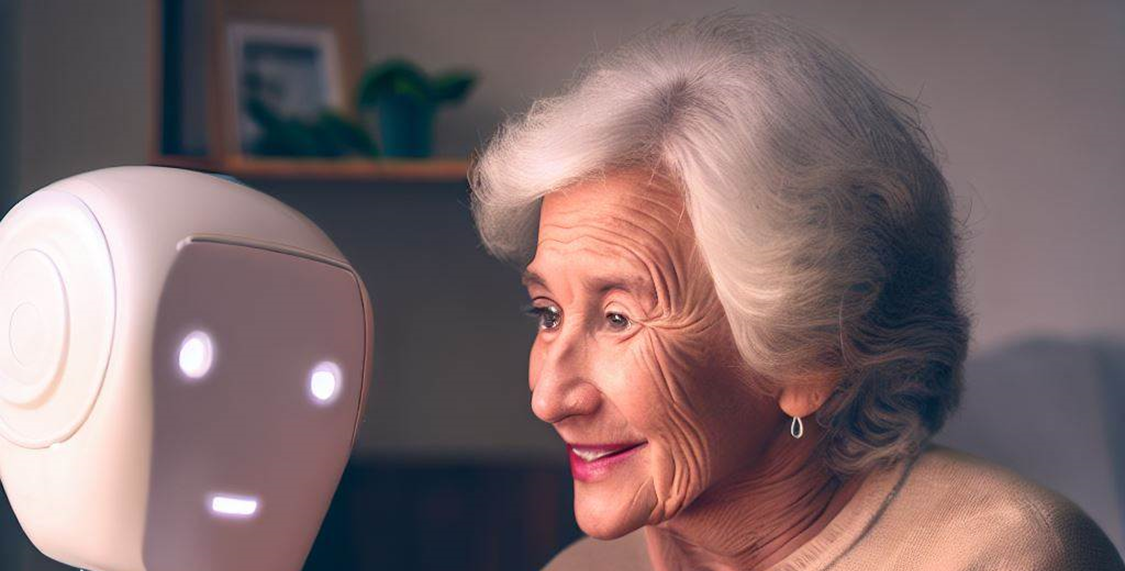Brain vs RTX and LLMs: A Computational Showdown

In the age of rapidly advancing technology, comparing the human brain to building blocks of a computer opens up an intriguing conversation. Both systems represent incredible feats of engineering—one through billions of years of evolution, the other through decades of technological innovation. This image that I came across on reddit illustrates features of the brain vs a powerful graphics card like the NVIDIA RTX 4090. As of September 2024, the NVIDIA GeForce RTX 4090 remains one of the most powerful consumer GPUs available, especially for gaming and productivity tasks like rendering and AI workloads. It excels in 4K gaming and can handle even the most graphically demanding games, with exceptional performance in ray tracing and DLSS 3 technology, delivering up to 3-4x the performance of previous-generation GPUs like the RTX 3090 Ti. NVIDIA GeForce RTX 4090 is rumored to be discontinued in October in preparation For Next-Gen RTX 5090 & 5090D GPUs, which c...

